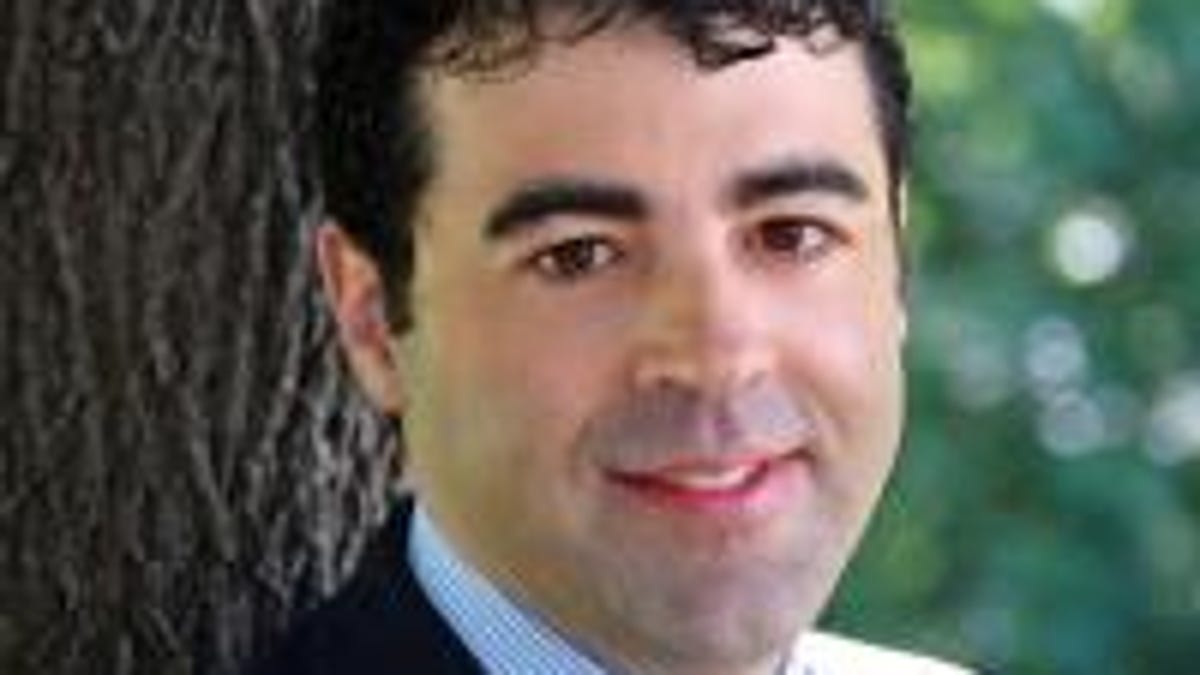Who controls your digital assets post-mortem?
A law professor says federal laws are needed to give people the right to control their digital afterlife.

Just as you choose where your money goes after you die, you should be able to control your "digital assets" -- your online data -- when you pass away, according to a University of Illinois law professor.
Professor Jason Mazzone has written a paper titled "Facebook's Afterlife," which argues that federal agencies are responsible for safeguarding "digital afterlives" in the same manner that a bank has a duty to properly bequeath a deceased person's assets.
Mazzone, an expert in intellectual property law, says the U.S. government should take a solid role in regulating social-networking sites by giving people the power to choose what happens to their digital information should the worst happen. The professor argues that current rules allow social networking sites to set their own individual policies and therefore do not adequately protect "individual or collective interests." According to Mazzone:
Virtually no law regulates what happens to a person's online existence after his or her death. This is true even though individuals have privacy and copyright interests in materials they post to social networking sites.
According to the recent paper, an absence of legal regulation gives sites too much power to distribute or store "copyright materials" -- for example, photos or video -- after death. However, a change in regulation could impose standards on social networking sites including Twitter or Facebook, giving users more control and reflecting protective copyright laws
"You only want the federal government involved if there's some failure on the part of the states," Mazzone said. "But it would be very difficult for any particular state to set up a legal regime that would adequately regulate Facebook, which not only operates all across the U.S. but also all over the world. Some states have enacted legislation in an effort to protect their own citizens, but it's not at all clear how it would affect Facebook as a whole. In order for this type of law to be effective, we have to turn to the federal government."
Mazzone says that the accumulation of digital assets is growing because so many people in the West use social networking on a daily basis. The information that is uploaded every day -- Facebook alone supporting over 300 million photo uploads per month -- should be protected, not only because it is important to family and friends, but because future historians will want to access such digital archives to reconstruct the past.According to the professor, Facebook currently stores all a deceased person's information on its servers. Instead, Mazzone said, all of the data should be accessible to family and friends. Mazzone believes Facebook is "hoarding" information because "there's going to be some future value to having all of that content locked away."
Currently, living users can request the removal of an account once someone has passed away by using a particular form, but there are no safeguards for users to choose their account's fate while still living. Mazzone believes this does not go far enough, commenting:
Whoever uploaded the content has a property right that is protected - it's not extinguished by anything that Facebook does. The trouble, though, is how you or your heirs get your hands on that content. The person who has inherited the copyright, who has the ability to control the uses of the work, can't take advantage of it because it's locked away in Facebook's digital vault. That's why we need to get to a place where we can require an entity like Facebook to give individual users at least some possibility of deciding while they're still alive what's going to happen to their content after they die.
The paper concludes that for the sake of privacy and intellectual property rights, sites should have to offer a way for people to choose what happens to their account after they die. Currently, there is no such option -- but if the federal government became involved, social networks may be forced to rethink their data protection and storage practices.

